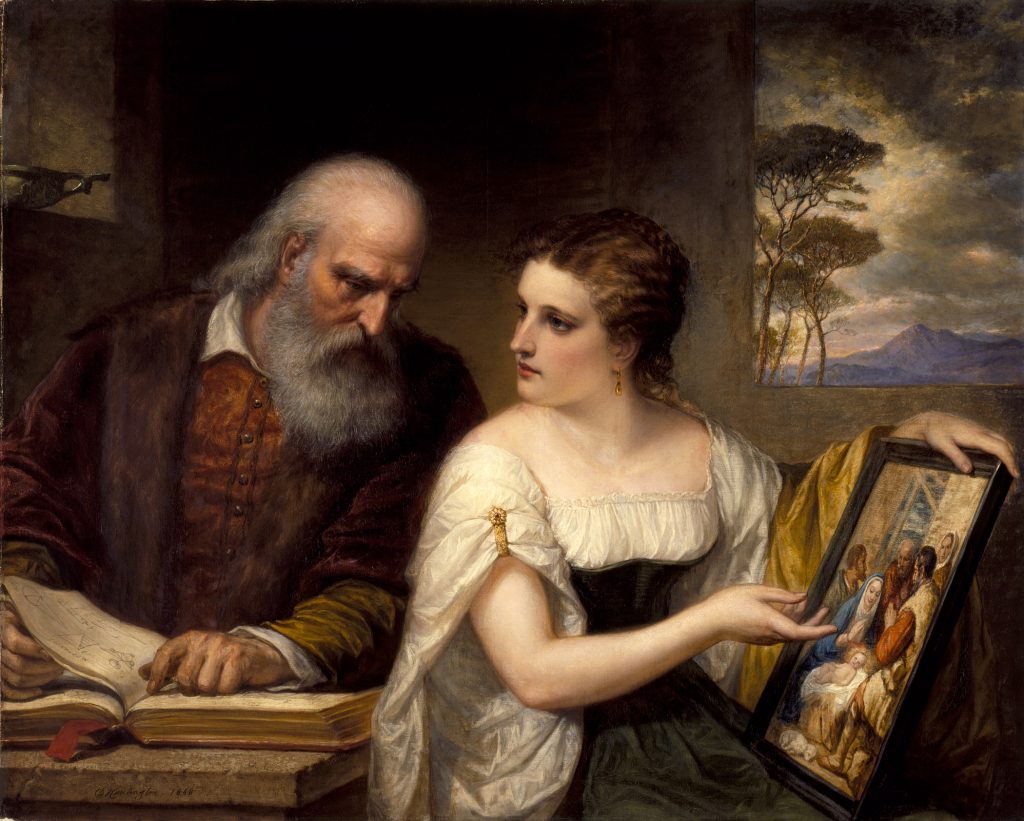Factory Settings: The Social System
Welcome to our series on custom rules! Here you can find different options to use at your table to fill out scenes, adjust balance, and even overhaul your game.
The Unsocial Social System
5E is great for many things. It’s more fluid than older systems. It allows for more bending of the rules. And it continues the development towards a more “role-playing” role-playing game.
A big part of that is social interaction. Early editions of DnD were all about grids and turns, and the only purpose of talking to NPCs was to sell loot or get tips about a dungeon. Or a dragon.
More recently, use of character abilities in persuasion, deception, intimidation, and performance have allowed for a more nuanced take – but if you’ve played for long enough you might have realised some drawbacks with this system.
One of those drawbacks is a difficulty in seeing the line between possible and impossible. If a player tried to remember a fact from history, and the DM allowed a roll for it, and they roll a 38 (it happens more than most DMs would like), players would feel disenfranchised if they then didn’t get the answer.
The same applies when persuading NPCs. If a player tries to convince a shopkeeper to give them stuff for free, they might have some valid arguments, and the DM reluctantly gives them a roll for it. Bang – 38. But surely you can’t just give them everything they want for free with no repercussions?
Introducing: Crunchy Social Rolls

Social Skills
This system looks to adjust how you set difficulty for 5E social rolls. The first thing is All NPCs have a Relationship scoreset with the players. This can be easily set on the fly in the same way any difficulty class would.
Respect, Persuasion, and Deception
Respect governs how easy it is to persuade or deceive an NPC.
The default Respect score for a player is 0, which represents a neutral view on the PC, such as not having heard of them, or having heard mixed thoughts on them.
The maximum Respect score for a player is 20, and the minimum is -20. Respect changes in line with different factors, including how famous the PC is, past deeds done for the NPC, and appearance, including when they last washed and how groomed they are. It doesn’t need to be a hard and fast figure that you need to keep track of – it can change to fit the occasion.
Scores have meaning as follows:
- -20: Loathed
- -15: Hated
- -10: Disliked
- -5: Distrusted
- 0: Neutral
- +5: Respected
- +10: Liked
- +15: Loved
- +20: Worshipped
When trying to persuade an NPC, the Persuasion roll is performed as normal and added to the Respect score. A roll of natural 20 adds an additional 10 to the roll, while a roll of natural 1 is an automatic failure.
The final score is then measured against a DC in the usual way, which can range from +10 up to +60, with guideline meanings as follows:
- 10: Hand the PC a tool from a nearby crate.
- 20: Give a piece of information not widely known and somewhat delicate/10% discount.
- 30: Tell the PC a trusted secret, help directly with a dangerous problem/25% discount.
- 40: Put themselves in harm’s way for the PC/50% discount.
- 50: Change their life to follow the PC’s orders/75% discount.
- 60: Willing to end their life at the PC’s word, with no further justification/ 100% discount.
When trying to deceive an NPC, it works much the same way – but if the Respect score is positive, it is added to the Deception roll. Otherwise, it is treated as a score of 0.

Fear and Intimidation
While Persuasion and Deception function using Respect, Intimidation works on a separate scale of Fear. A high Fear score does not immediately mean that the NPC is afraid of the PC, only that they respect the PC’s power and dangerousness. It increases in line with reputation, recent actions (such as killing an NPC’s companions or torturing the NPC) and even appearance, often in reverse of the Respect score (e.g. being coated in blood might decrease Respect but increase Fear).
Fear increases from 0 and does not decrease below it. It tracks as follows:
- 0: Normal
- +5: Uncomfortable
- +10: Wary
- +15: Fearful
- +20: Terrified
Beyond this, it functions as the Respect score works, including what they would be willing to do. However, being coerced into action has a negative effect on their Respect score for the PC, meaning the more they are intimidated, the less they like the PC and the less of an advantage the PC has to persuade or deceive them.
Making Suggestions
It may be that social skills are more than enough by themselves for you, but you may also wish to consider adjusting the suggestion spell. If your world is not designed around the idea that low level mages can frequently cast this – for example, with every figure of any prominence constantly equipped with a court mage on the lookout for magic and ready to counter it – then it can be valuable to limit the power of suggestion.
In these rules, suggestion must be applied alongside a social check, and counts as an automatic natural 20 (using whatever additional bonuses apply to a check of the same kind e.g. a Persuasive check with Suggestion uses a total of 20 + 10 + the skill bonus). It then functions as a normal social check, as described above.




One comment on “Factory Settings: The Social System”
Pingback:
Factory Settings: 5e Home Base Rules - Golem Factory